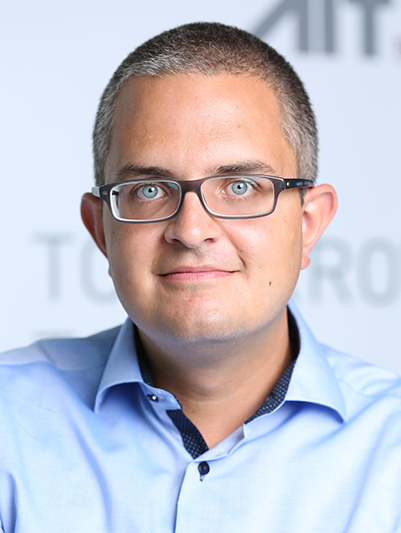This project develops a software dashboard that helps to make decision-making processes in the production of biopharmaceutical substances easier and more transparent. During bio-pharmaceutical production variations in processes need to be detected, evaluated and counteracted. In decision-making, usually, only insufficient information about the impact of earlier decisions is considered so far. Therefore, the project aims at simplifying decision-making processes, make them more transparent and take all user-related needs into account to create a high technology acceptance. In the newly developed dashboard, information necessary for decision-making is intelligibly presented in the right situation. Thereby, a user-centered approach is essential for the successful implementation of the dashboard.
Based on contextual analysis and interviews with potential users of the system, we develop various applications for specific use cases that are integrated into the dashboard. In developing these applications we follow a user-centered approach. Thereby we collect a) user requirements, b) feedback on the prototype, and c) evaluated the final prototype in terms of usability and trust. As the software development process is agile, we take a special approach for the second step. Instead of providing a one-time comprehensive overall report on usability and user experience feedback, we provide multiple "pieces of knowledge" in small cycles. These are transmitted orally and in writing and are appropriate for the current development stage. This makes it easier for developers to implement UX feedback directly which in the end makes the product more usable. Through this close cooperation, you can also bridge the gap between development and UX feedback.
In addition, as trust in such information systems, is highly relevant when it comes to decision-making in a complex work environment the Center for Technology conducts a study to shed light on the role of trust. Within an online survey, we present seventy-seven participants four versions of a dashboard that aim to support them in a complex decision they must take within a working context (one abstract version of one application of the dashboard). Based on the study results, design challenges are created that serve as a basis for making assistive technologies more trustworthy.
Key Words: Biotechnologie, Dashboard, Entscheidung, Implementierung, User-Centered Design, Akzeptanz, User Experience, Situation awareness, Evaluation, User Interface Design, Interaktionskonzepte
Start: 01.09.2016
Duration: 30 months
Funding Organisation: Wirtschaftsagentur Wien, Call Users in Focus 2016
AIT-Contact: Markus Garschall



